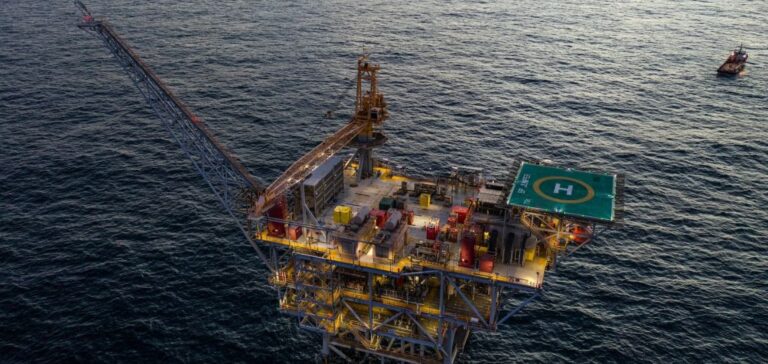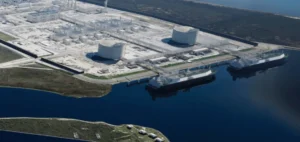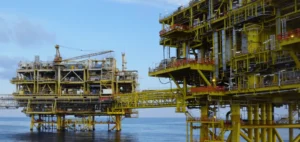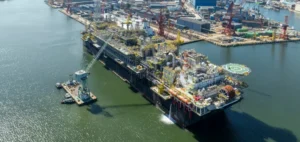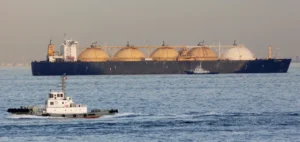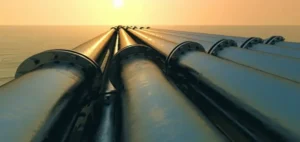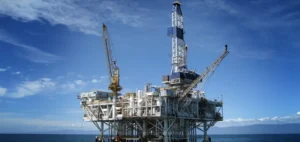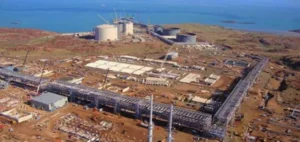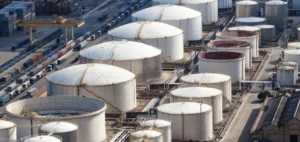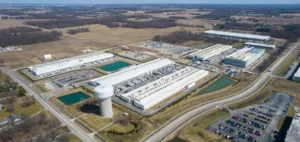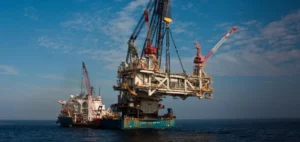bp Trinidad and Tobago (bpTT), a joint venture between bp and its local partners, has announced the commencement of gas production at its new offshore Cypre field. Located in the shallow waters off Trinidad and Tobago, the project represents a strategic step in bp’s upstream portfolio expansion, which includes ten major projects set to come online between 2025 and 2027.
Cypre is bpTT’s third subsea development and comprises seven wells tied back to the existing Juniper platform. At peak, the project is expected to deliver approximately 45,000 barrels of oil equivalent per day, or around 250 million standard cubic feet of gas per day. This output will contribute to the group’s target combined peak net production of 250,000 barrels of oil equivalent per day across its ten key developments.
A project integrated into existing infrastructure
The first phase of the development, involving four wells, was completed at the end of 2024. The second phase is scheduled to begin in the second half of 2025. According to David Campbell, president of bpTT, the project aligns with a strategy to maximise production from shallow water acreage by leveraging existing infrastructure. He stated that the project reinforces bpTT’s commitment to sustaining production while meeting existing gas supply agreements.
Cypre’s start-up closely follows the second development phase of the Raven field in Egypt, also operated by bp, highlighting the group’s execution pace on global projects. William Lin, executive vice president for gas and low carbon energy, noted that Cypre is the first in a series of new projects to be brought online in Trinidad and Tobago in the coming years.
Alignment with bp’s investment objectives
The Cypre project forms part of bp’s strategic plan to maximise returns from its upstream portfolio. All costs associated with the development are in line with the group’s capital expenditure framework. While the company did not disclose the total investment amount, it confirmed the initiative is considered a long-term strategic asset for the region.

